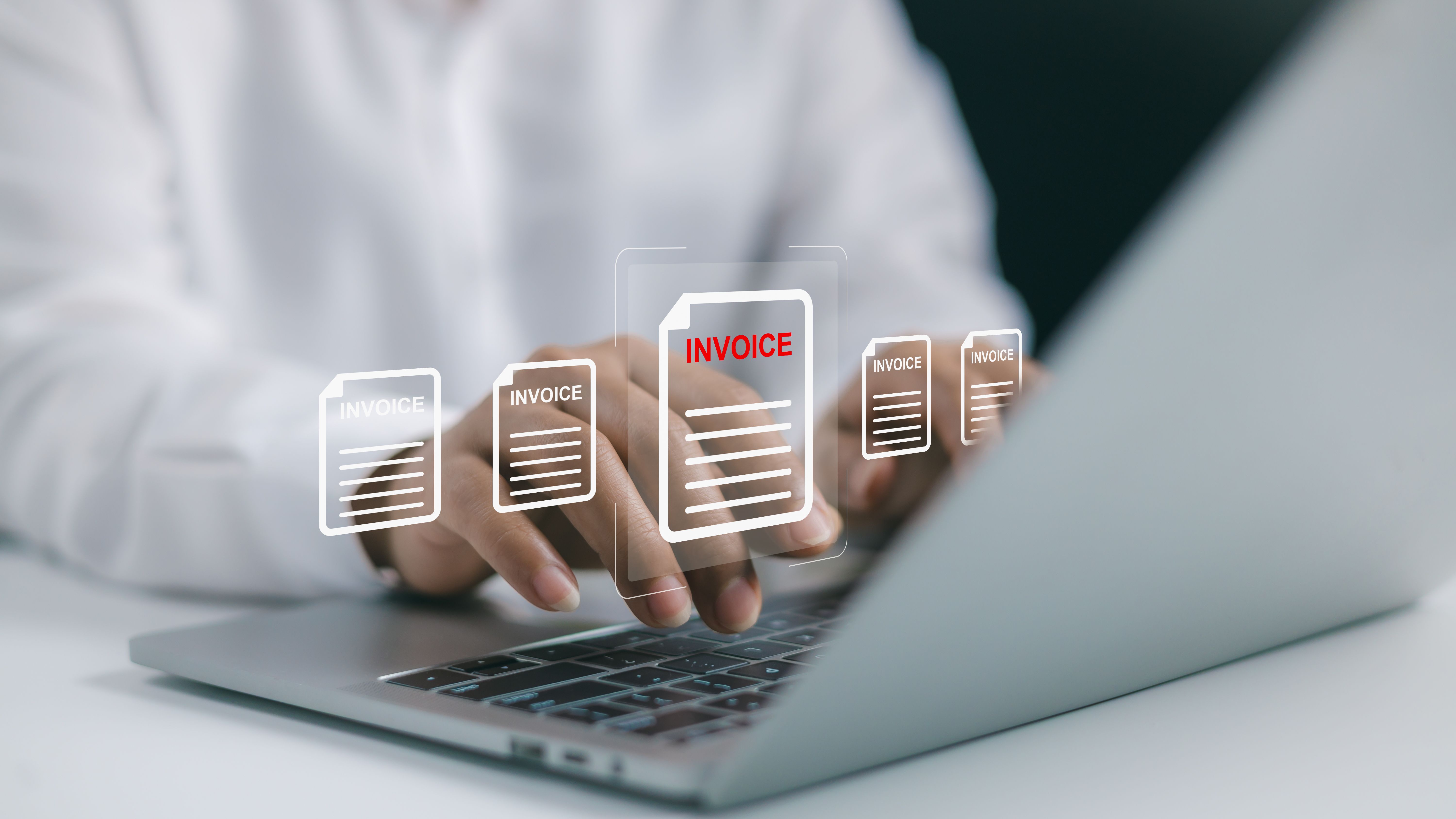5 Financial Workflows Your AI CFO Can Automate Today
YS
Introduction to AI-Driven Financial Automation
In today's rapidly evolving business landscape, leveraging artificial intelligence for financial operations is more crucial than ever. An AI CFO can drastically improve efficiency and accuracy by automating several key financial workflows. In this post, we'll delve into five workflows that your AI CFO can automate today, enhancing productivity and minimizing errors.
1. Automated Invoice Processing
One of the most time-consuming tasks for any finance department is invoice processing. By automating this workflow, an AI CFO can streamline the entire process from invoice receipt to payment. AI can automatically extract data from invoices, validate it against purchase orders, and ensure timely payments, reducing manual intervention and errors.

Moreover, automated invoice processing not only speeds up the payment cycle but also enhances cash flow management. Businesses can take advantage of early payment discounts and avoid late payment penalties, improving their financial health.
2. Expense Management
Managing expenses manually can be a daunting task, often prone to errors and delays. An AI CFO can automate expense reporting by extracting data from receipts, categorizing expenses, and ensuring compliance with company policies. This automation leads to faster approvals and reimbursements.
With AI-driven expense management, organizations can gain real-time insights into spending patterns, helping them make informed budgeting decisions. This transparency also aids in identifying cost-saving opportunities and improving employee satisfaction.

3. Financial Reporting and Analysis
Generating accurate and timely financial reports is essential for strategic decision-making. An AI CFO can automate the collection and analysis of financial data, providing detailed reports with just a few clicks. This capability helps finance teams focus on strategic analysis rather than data gathering.
By automating financial reporting, businesses can ensure compliance with regulatory standards and provide stakeholders with up-to-date information. AI-driven insights also allow companies to identify trends, forecast future performance, and make data-backed decisions more effectively.
4. Cash Flow Forecasting
Effective cash flow management is vital for sustaining business operations. An AI CFO can automate cash flow forecasting by analyzing historical data, current trends, and market conditions to predict future financial positions accurately. This predictive capability helps businesses plan for short-term liquidity needs and long-term investments.

With automated cash flow forecasting, companies can mitigate risks related to cash shortages or surpluses, ensuring they have the necessary resources to seize growth opportunities or weather economic downturns.
5. Compliance and Risk Management
Navigating the complex landscape of financial regulations can be challenging. An AI CFO can automate compliance monitoring by assessing transactions against regulatory requirements in real-time. This proactive approach reduces the risk of non-compliance and potential fines.
Additionally, AI can monitor financial activities for signs of fraud or other risks, providing alerts for suspicious activities. By automating these processes, businesses can strengthen their financial security and maintain trust with stakeholders.
Conclusion
Adopting AI-driven automation in financial workflows presents a significant opportunity for businesses looking to enhance efficiency and accuracy in their financial operations. By entrusting these tasks to an AI CFO such as The CFO Flow Pilot, companies can focus more on strategic growth initiatives while ensuring robust financial management.
